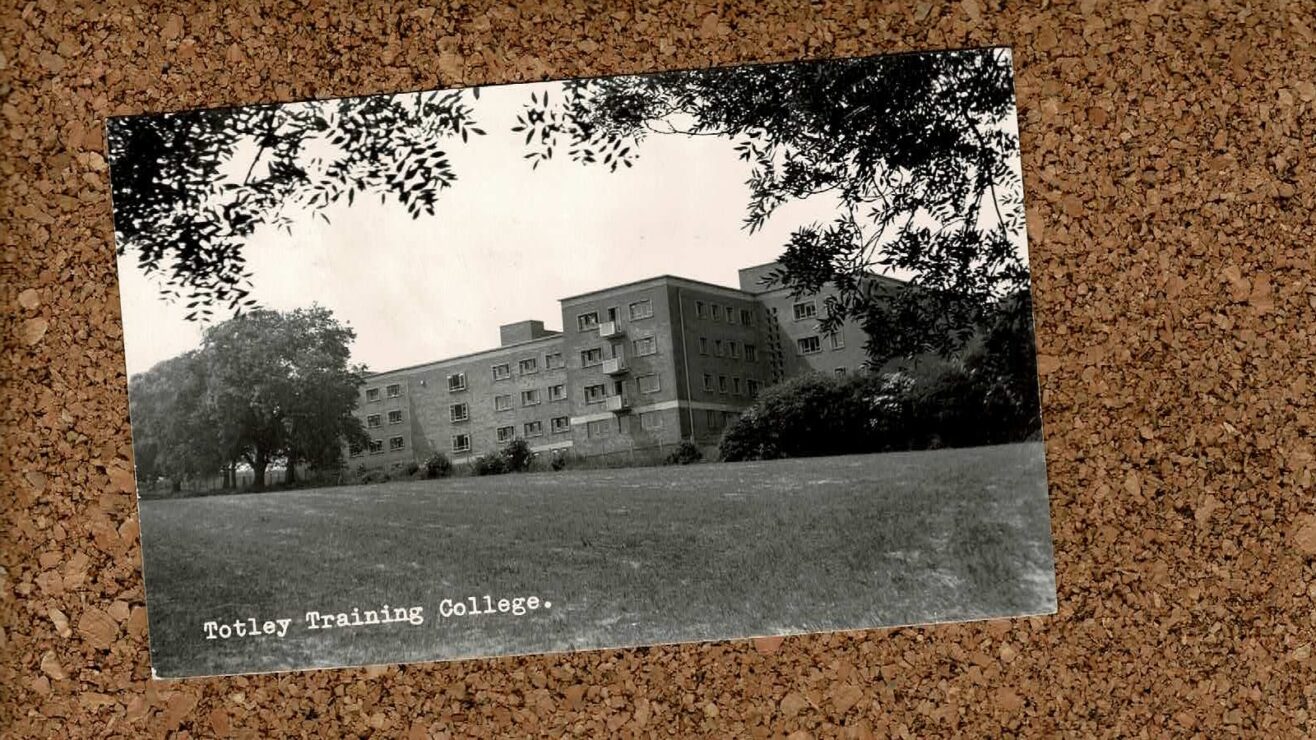Like many Wonkhe readers, I’ve been lucky enough this year to support a young person weighing up their post-18 options.
If you are the person in someone’s life that “really understands universities” it does often fall to you to sift through the vagaries of our recruitment and application process. Just what are “predicted grades” and why are they different from what someone got in their mocks? Why can you only apply to five courses on UCAS? Why, for that matter, does it cost money to apply via UCAS? Why are league tables so silly? Is there really a “Discover Uni”?
The new aspect for me this year has been the world of the open day. On a succession of unseasonably rainy weekends I’ve been finding my way around campuses, under strict instructions not to mention who I work for or wear any Wonkhe merch (“so embarrassing!”) and speaking to academics and support staff about undergraduate entry in 2026.
Performativity
I’d love to say it has all brought back memories of my own open day adventures many years ago – in all honesty it has not. I never visited the university I ended up studying at prior to securing a place, my memory of the others is more of the cities and towns than the campuses and corridors.
And that’s kind of the thing. If you are visiting an open day you are asking about third year options and work placements, but the decision that is being made is more along the lines of what it would be like to live and study in a place. The most successful open days I have seen this year have leaned into this – what would a lecture be like? How would you get from where you live to where you study? What else would I be doing outside of my studies? Where might I get a job?
Academic staff – be they course leaders making a presentation or just generally making themselves available to chat, have often seemed terrified to speak to young applicants and their escorts. I’ve heard an awful lot about course revalidations and QAA Subject Benchmark Statements (yes really!), and while this is clearly great for me I can’t really see anyone else getting much out of it. When you sign up to “the talk” on your subject of choice what I would expect to get is a sense of enthusiasm about the subject and an openness to engage with others who have an interest: we can perhaps assume that anyone who wants to will have read about the course structure on the internet (or even, at one university, in an actual honest-to-god paper prospectus).
My go-to approach for speaking to shy academics is to ask about their personal research interests – all the best conversations we’ve had have been around the particular interests of my prospective student and those of the academics. I feel like it would be good to work some of this into the more formal aspects of the day.
The feel
Applicants and their adults have often asked about practical “feel” based stuff – there’s been a lot of questions raised about assessment strategies and exams versus essays and presentations. The interest in post-degree employment is very real – and there is a trend towards listing industry partners (when done best it has offered tangible examples of how students would experience these partnerships).
There’s also the inevitable question of entry requirements. Just about everywhere I’ve been has taken pains to reassure that there may be a place even if the grades aren’t quite there next summer – staff at all kinds of providers are actively promoting clearing entry.
If you are not involving current students in open days you should be (and if you are, be sure to pay them – as you should everyone involved – for what is a very hard day’s work). Speaking to somebody only a few years older than you, who is living the life you are trying on for size, is what really seems to light applicants up. And the more informal the conversation the better it seems – interpolations in course presentations are good, a student-led tour is better, seeing students demonstrate the skills they have learned was excellent, and a sly joke shared in the student accommodation viewing is pretty much the best of all.
Vibes
Applicants are very good at picking up the overall mood of the day. If people act like the event has arrived suddenly on campus, and nobody is really clear what is going on, you can pick it up a mile off. And this year keeping the positive mood is not easy if you know the scale and direction of staff and funding cuts coming your way: it is very hard to “sell” an applicant on a course if you know it will have less options and less resources than it did this year.
Likewise, basic hygiene factors stand out a mile (and I don’t just mean the halls of residence bathrooms…). If we’re sat having a coffee in the SU – something we always tried to do as a way of getting a sense of what campus life is like – it does rather stand out when there was supposed to be food available but it has all gone, or if all the posters seem to be for events that happened in 2023. I mean, posters are infinitely preferable (if the LGBT+Soc ran Chappell Roan bingo for pride day I am one hundred per cent there for it!) to glossy pictures and sidewinders wheeled out for the day, but maybe check if they are recent?
Likewise, if visitors will be parking on campus some kind of an advanced plan would help – and if you have student services folks sitting at tables make sure there are actual people at the tables to talk to throughout the day.
It’s the little moments. We were surprised to meet a vice chancellor that was clearly and obviously proud of their university, and who had signed up to do a series of rolling introductory talks. The question I got from next to me (“how often would I meet the vice chancellor as a regular student?”) was interesting – all though frankly I was more exercised about the fact that I’d seen the vice chancellor present a golden slide promoting a “TEF Gold in student experience” with the overall silver noted in tiny writing at the bottom.
The awards and the league table placings really come across as noise – I didn’t see any applicant looking remotely impressed, although some were interested in graduate destinations and links to employers.
An open day is an audition. An applicant is trying on the idea of being a student at your university – the best way to respond (and I’ve seen this done really well) is to set out just how great the student experience actually is: the TEF components are perhaps less impressive than what actual students say and the intangible “feel” of the campus. Students spend a lot of time asking “where do I go now?” – applicants have pretty much the same question.














I always thought that the state of the University’s toilets was the litmus test of whether they cared for students or not but could never convince the Director of Estates who has a different world view.
I’d still love to see the data that correlates recruitment rates with the weather during the open days…
That would be genuinely fascinating!
We were struck by the inability of prospective students to ask questions and engage with the staff. Parents were clearly to the fore in this regard. The ‘vibe’ aspect is interesting having visited two city centre campuses and one out of town campus in the space of eight days. One felt very corporate compared to the other two.